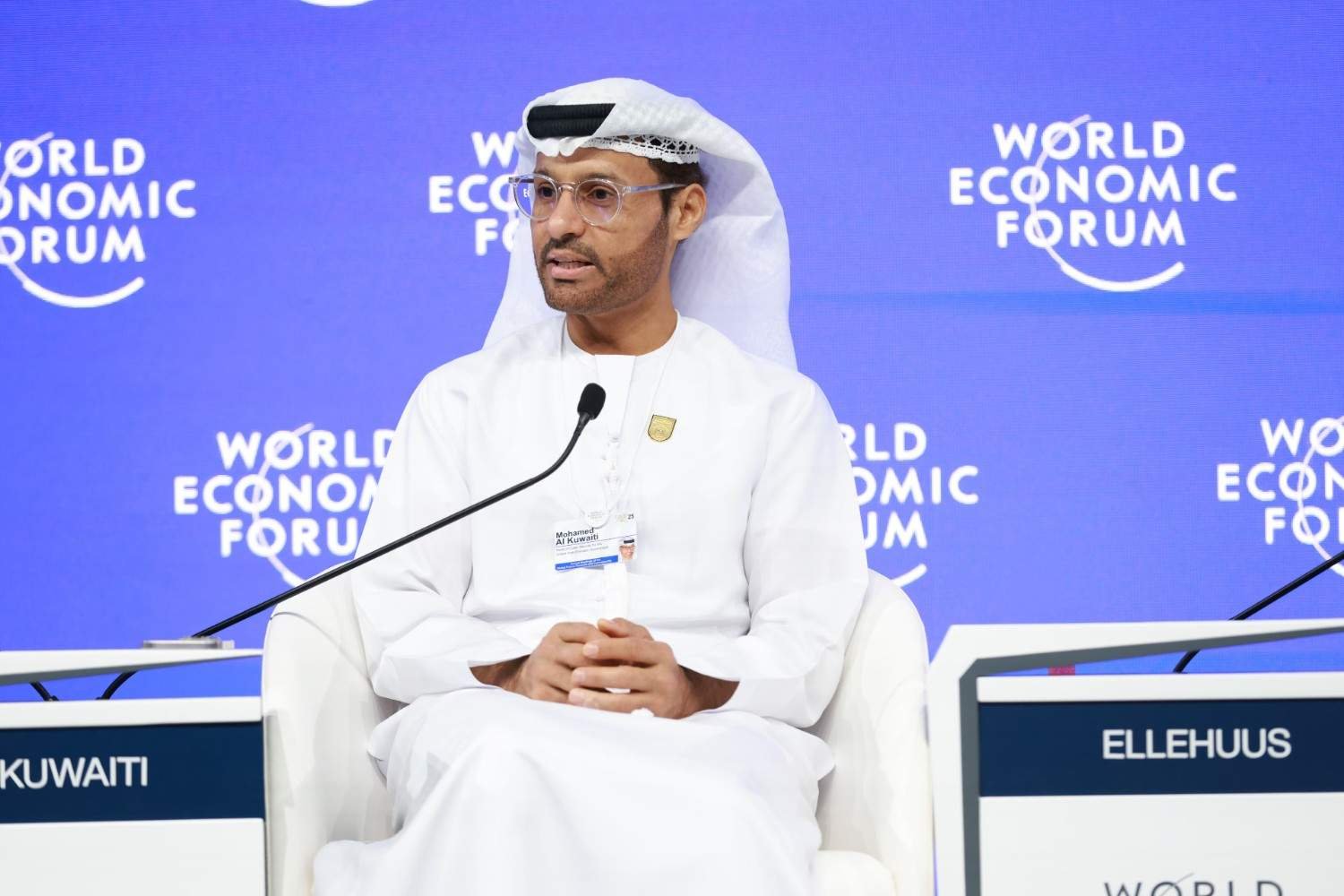Federal Minister for Information Technology and Telecommunication Shaza Fatima Khawaja has declared that equipping Pakistan for the opportunities and challenges of artificial intelligence (AI) is among the government’s foremost priorities. Speaking at the “Years Strong, Tech-Driven & Future Ready” ceremony marking Pakistan’s 78th Independence Day, she described the present moment as an “intelligent era” that is reshaping every aspect of life.
“In the past, we transitioned from the analog to the digital age, and now we are moving from the digital to the intelligent era, which is transforming lifestyles, jobs, industries, education, and economies,” she stated.
Highlighting AI’s global impact, Shaza Fatima pointed out that rapid technological progress is transforming labour markets worldwide, with leading multinational companies recently laying off thousands of workers. In this evolving landscape, she stressed that Pakistan must leverage its greatest asset — its youth — by equipping them with future-ready skills.
She revealed that the government has developed a comprehensive AI policy structured around six strategic pillars, with nationwide training programmes already in motion. These initiatives aim to make AI-related skills essential across key sectors including industry, finance, healthcare, education, and agriculture, ensuring Pakistan remains globally competitive. So far, around three million young people have benefited from various training schemes.
Urging citizens to take personal responsibility for upskilling, the minister encouraged individuals to dedicate even 15 to 30 minutes a day to learning through the vast resources available online. “The digital age created equal opportunities for all, but in the intelligent age, only those with knowledge and skills will lead,” she remarked.
Shaza Fatima noted that despite economic constraints and obligations under the International Monetary Fund (IMF) programme, Prime Minister Muhammad Shehbaz Sharif’s government has provided special tax protection to the IT sector. She acknowledged the contributions of the Special Investment Facilitation Council (SIFC), Pakistan Software Export Board (PSEB), and Pakistan Freelancers Association (PAFLA) in addressing industry challenges and supporting freelancers.
According to the minister, the IT sector posted a growth rate of nearly 19 percent in the last financial year, reaching $3.8 billion in exports, while freelancers achieved an unprecedented 91 percent annual growth. Calling the IT industry “the future of our economy,” she pledged sustained government backing.
Shaza Fatima also outlined the government’s accelerated digital governance initiatives, revealing that 98 percent of federal ministries and departments had shifted to paperless operations within six months through the e-Office system. All federal ministries and more than 50 affiliated departments now process files digitally, with progress visible on the Prime Minister’s master dashboard. This shift, she said, has reduced bureaucratic delays, ensured transparency with complete digital trails, and saved on human resources, paper, and printing costs — benefits that could even enable Pakistan to claim carbon credits.
She cited international recognition for Pakistan’s progress, noting that the Global System for Mobile Communications Association (GSMA) ranked the country as the top performer in reducing the gender gap in mobile internet usage, which dropped from 36 percent to 25 percent. Nearly eight million women came online for the first time during 2024-25.
As an example of digital innovation in welfare delivery, she highlighted the Ramadan Subsidy Programme’s adoption of digital payments for the first time. Of the Rs 20 billion allocated for the initiative, Rs 16 billion was transferred directly to beneficiaries within one month, while the remaining Rs 4 billion was returned to the treasury without leakage. More than 850,000 women opened digital wallets during the programme, using them for subsidies, purchases, and other transactions.
“These achievements prove that the people of Pakistan have the capacity to adopt digital technology — they only need encouragement and proper guidance,” she said.
Looking ahead, Shaza Fatima announced that all government and citizen services will be shifted entirely to digital platforms before the next Independence Day, eliminating queues and lengthy paperwork. Pakistan has already established a digital identity system, developed a national data exchange layer, and advanced its “Pakistan Stack” initiative. A new integrated portal under development will provide citizens with online access to essential services such as paying electricity bills, renewing ID cards, and verifying academic degrees, removing the need for in-person visits.
She credited NADRA and the Pakistan Telecommunication Authority (PTA) as key partners in the digital transformation, alongside the Ministry of IT, National IT Board, and Board of Investment.
Reflecting on what she called a “landmark achievement,” the minister noted that Pakistan had introduced groundbreaking digital legislation in January this year and is committed to implementing it effectively.
Marking Independence Day, she paid tribute to Quaid-e-Azam Muhammad Ali Jinnah’s leadership and Allama Muhammad Iqbal’s vision, recalling that Pakistan was established 78 years ago as a homeland where citizens could pursue their aspirations in freedom. She said the nation had endured wars, economic crises, and the fight against terrorism, making countless sacrifices along the way.
Calling the occasion both a celebration and a moment of renewed national resolve, she urged unity, hard work, and dedication to passing on a strong, prosperous, and peaceful Pakistan to future generations.















